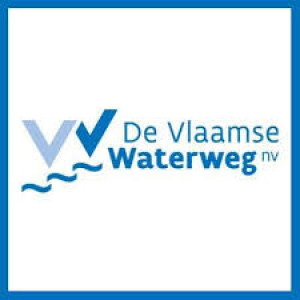 \
&
Contact us
\
&
Contact us
 \
&
Contact us
\
&
Contact us
Published on | 1 year ago
Programmes ERC MSCA RI Health Culture and society Security Digital, Industry & Space Climate, Energy, Mobility Agro-Food, Environment Joint Research Center EIC EIE EIT Widening/Spreading Enhancing EU R&I COST Missions New European Bauhaus Horizon Europe HorizonEU L+F Digital Europe HPC AI, data & cloud Cybersecurity Advanced Digital Skills Deployment: Best use of technologies European Digital Innovation Hubs ERC RI MSCAThe short survey that NCP Flanders is conducting to collect feedback on its services and suggestions on how they can be further improved is open for five more days.
The NCP Flanders team greatly appreciates it if you could take a few minutes of your time (if you haven’t done so yet) to provide your answers and suggestions via this link.
The survey is still open for answers until 13 October 2023.
The survey is anonymous and structured along three main chapters: NCP assistance, info sessions, and NCP website & LinkedIn. If the responding person indicates not to know one of these aspects, the survey will automatically continue with the next chapter.
Thank you very much for your highly appreciated feedback!
Your NCP Flanders Team
We offer news and event updates, covering all domains and topics of Horizon Europe, Digital Europe & EDF (and occasionally, for ongoing projects, Horizon 2020).
Stay informed about what matters to you.
By signing up, you can opt in for e-mail notifications and get access to
a personalised dashboard that groups all news updates and event announcements in your domain(s).
Only for stakeholders located in Flanders
Digital, Industry & Space Climate, Energy, Mobility
The Clean Aviation Joint Undertaking is the European Union’s leading research and innovation programme for transforming aviation towards a sustainable and climate-neutral future. It is a European public-private partnership. Clean Aviation is launching its Third Call for Proposals, calling for innovators and stakeholders across... read more

Autoship is, as the name suggests, an acronym for autonomous ship. Just like with self-driving cars, the possibilities of an unmanned boat seem endless. It can create more efficient freight transport, around the clock deliveries and these are just a few of the examples. The project has two societal challenges.
At first, De Vlaamse Waterweg was a bit hesitant as their experience with FP7 or Horizon 2020 projects was limited and they had not been very successful up until then. The fact that they were already doing basic research on the topic of autonomous boats, and the administrative help of NCP FLanders helped De Vlaamse waterweg to cross the line and get involved.